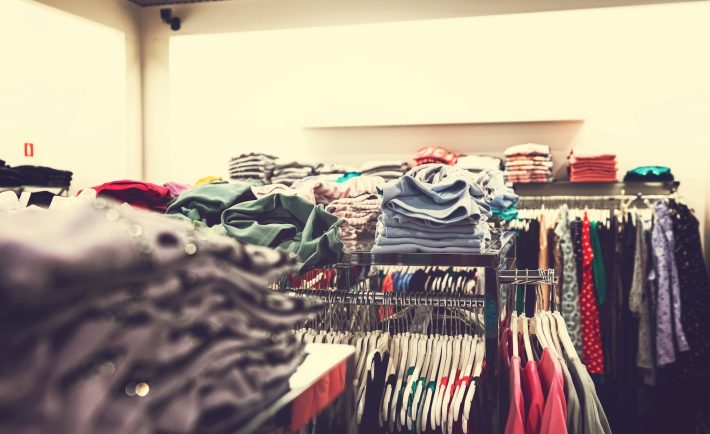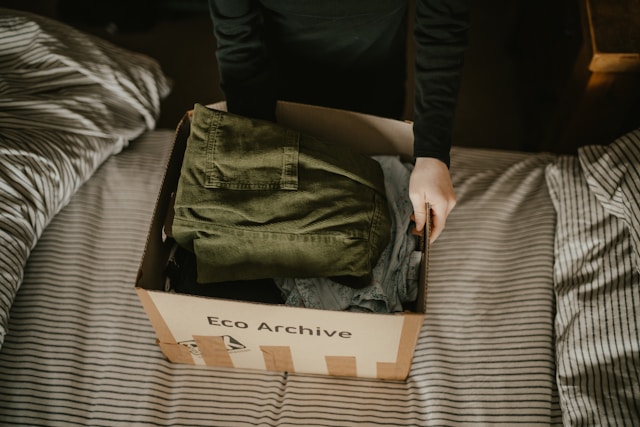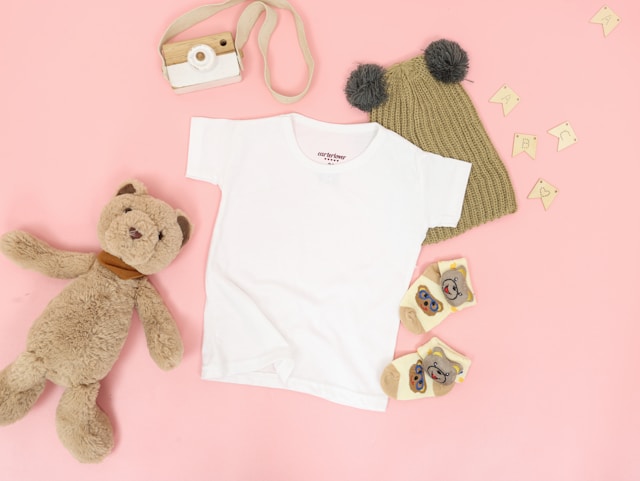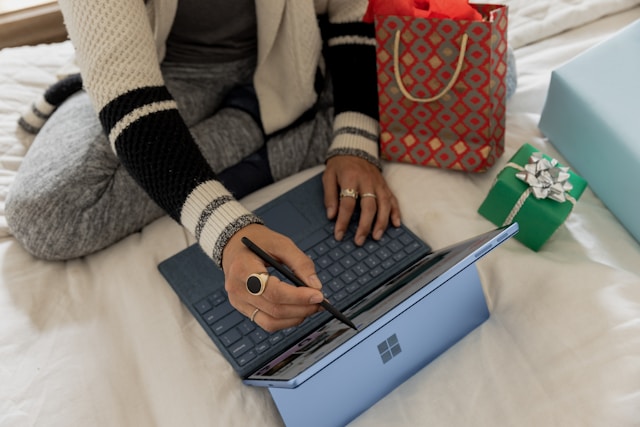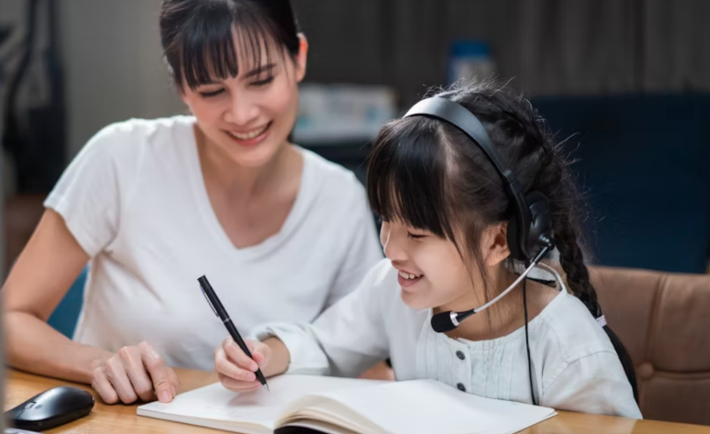Celebrity makeup lines have come a long way. What used to be a hit-or-miss endorsement deal has evolved into full-fledged beauty empires with real staying power.
From inclusive shade ranges to innovative skincare-meets-makeup formulas, these brands have proven they’re not just riding on fame. If you’re wondering which celebrity-owned beauty brands are worth adding to your cart, this curated list highlights the most popular ones that beauty lovers here keep raving about.
#1: LADY GAGA’S HAUS LABS
Where to shop: Sephora
After a rocky global launch in 2019 and a powerful relaunch in 2022, Haus Labs by Lady Gaga is finally here. The brand’s breakout hit, the Triclone Skin Tech Foundation (S$80 for 30ml), is a skincare-infused base available in an impressive 51 shades. Designed to look like second skin, it’s lightweight, breathable, and made for all-day wear.
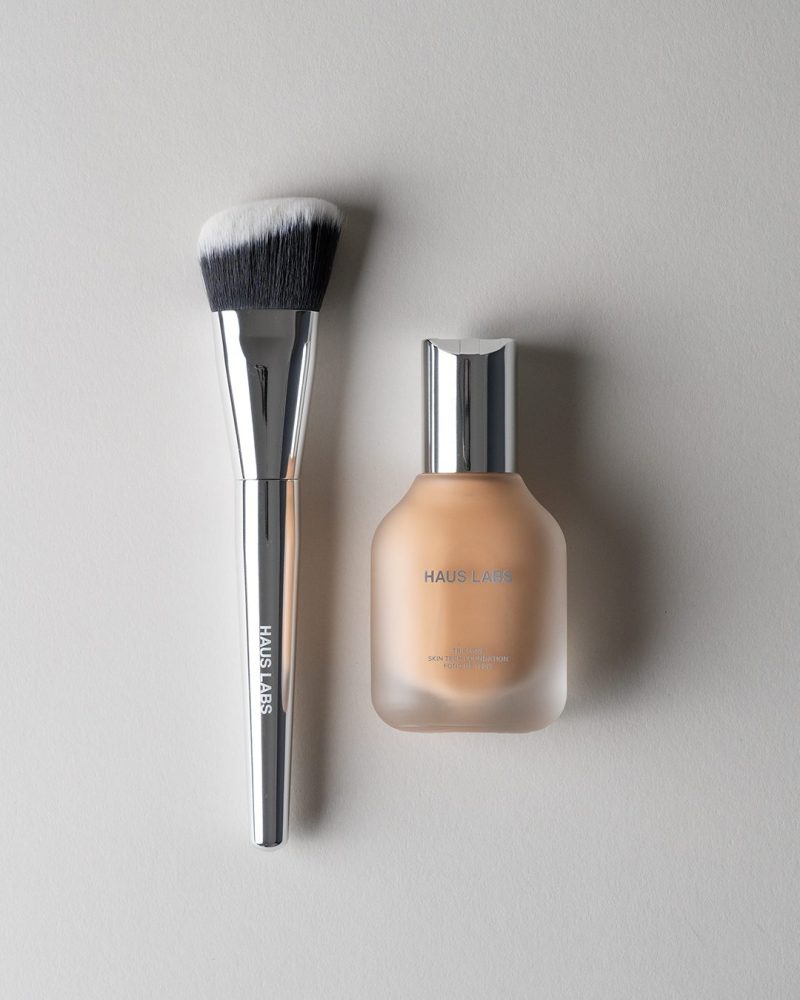
Image Credits: facebook.com/hauslabs
Haus Labs has also gained a following for its high-performance mascara (S$46), which is safe for sensitive eyes. With bold pigments and clean formulas, it’s clear Lady Gaga isn’t playing it safe and SG queens are here for it.
#2: RIHANNA’S FENTY BEAUTY
Where to shop: Sephora
Rihanna launched Fenty Beauty with inclusivity at its core, making it one of the first major brands to cater to diverse skin tones. Its skin-friendly formulas and versatile textures suit all types – perfect for our multicultural population.
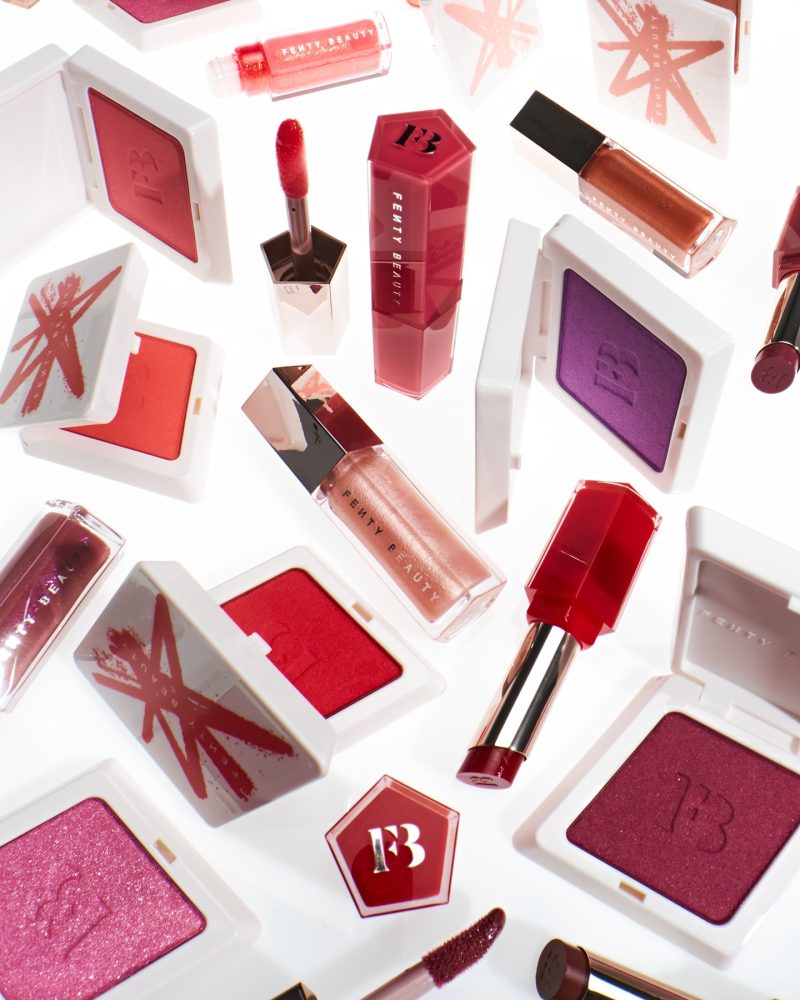
Image Credits: facebook.com/fentybeauty
Some crowd favorites here include the Gloss Bomb Heat Lip Luminizer (S$40), Gloss Bomb Stix (S$39), and the glow-enhancing Killawatt Freestyle Highlighter Duo (S$61). If you ask me, my favorite is the Gloss Bomb Stix Shimmer Lipstick in the shade Flamingo Fling (S$39). Fenty’s message of self-expression resonates deeply, and in our humid climate, its long-wearing, breathable makeup truly stands out.
#3: HUDA KATTAN’S HUDA BEAUTY
Where to shop: Sephora
Founded by Iraqi-American beauty mogul Huda Kattan, Huda Beauty first gained popularity through social media, and it’s still a cult favorite in our local beauty scene. Known for its high coverage and long-wear capabilities, the brand is perfect for those who love full glam looks that last in our tropical weather.
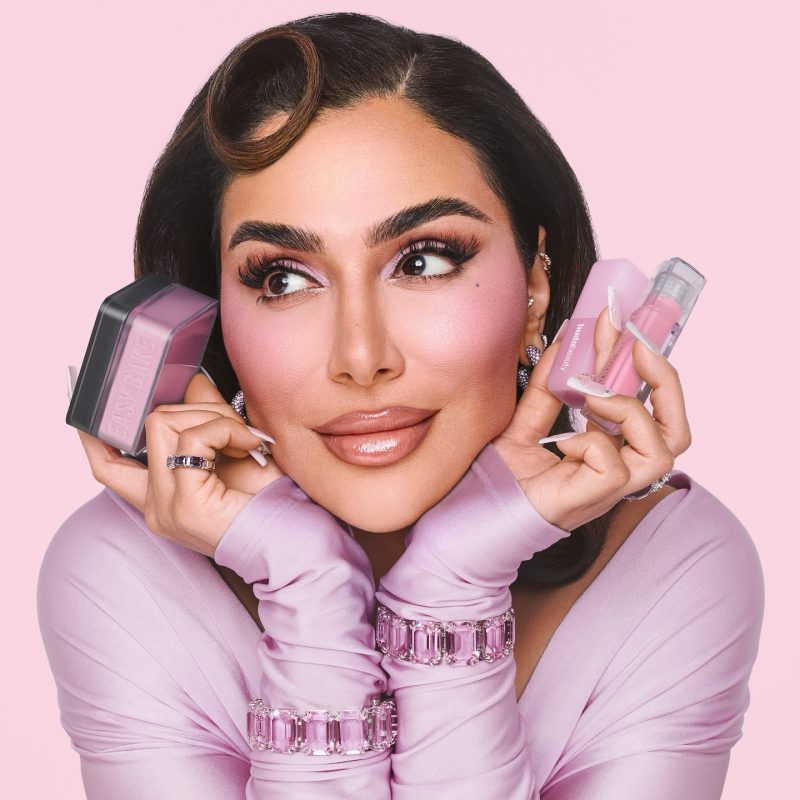
Image Credits: facebook.com/hudabeauty
Top sellers include the Liquid Matte Ultra-Comfort Transfer-Proof Lipstick (S$40), Fauxfilter Luminous Matte Liquid Concealer (S$53), and the dramatic Classic Lash (S$33). Whether you’re attending a wedding, event, or just want to make an impression, Huda’s products help you put your best face forward.
#4: KYLIE COSMETICS BY KYLIE JENNER
Where to shop: Sephora
Kylie Jenner’s brand continues to attract fans with its chic packaging, social media buzz, and glam-girl aesthetic. Kylie Cosmetics has found a loyal customer base here, especially among those who love defined lips and fresh, glowy skin.
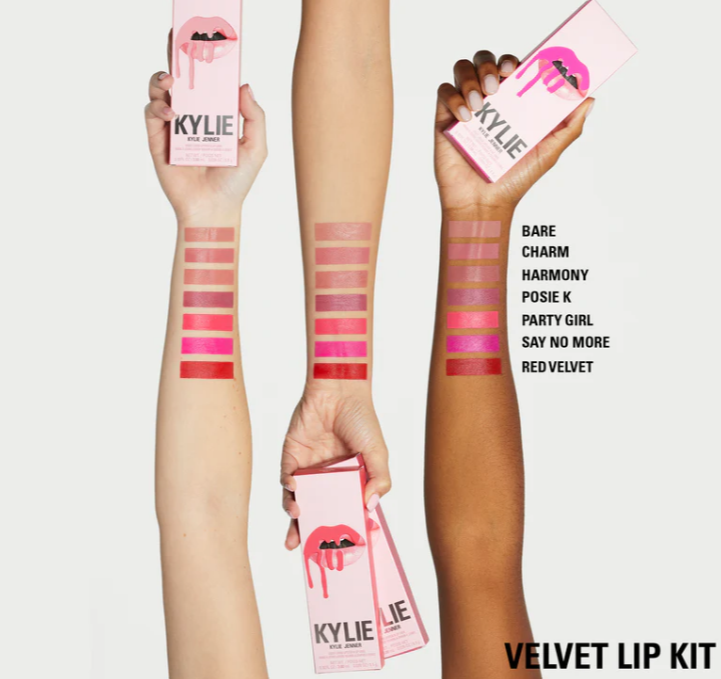
Image Credits: kyliecosmetics.com
Top picks include the High Gloss (S$30), Skin Tint Blurring Elixir Foundation (S$50), and the Velvet Liquid Lipstick & Lip Liner Kit (S$55). Whether you’re dressing up for a weekend brunch or heading for drinks at Marina Bay Sands, Kylie’s products have that easy glam factor.
#5: ARIANA GRANDE’S FRAGRANCES
Where to shop: arianagrandefragrances.com, perfumestore.sg, or Zalora
Ariana Grande may be known for her powerhouse vocals, but her fragrances have carved out their own space in the beauty world. With multiple fragrance awards under her belt, Ari’s perfumes are among the most-loved celeb scents globally and Singapore is no exception.
Cloud Eau de Parfum (S$115) is a dreamy mix of lavender, coconut, and vanilla that smells like a soft hug. Thank U Next EDP (S$88) and Sweet Like Candy EDP (S$79) are fruity, flirty, and fun. You can either use it for daily wear or gifting. These scents regularly appear on “best perfume” award lists and continue to be popular across online platforms.
#6: RARE BEAUTY BY SELENA GOMEZ
Where to shop: Sephora
Rare Beauty is more than just pretty packaging as it’s built on the idea of mental wellness and breaking beauty standards. Selena’s brand connects with younger audiences who value authenticity and self-expression.
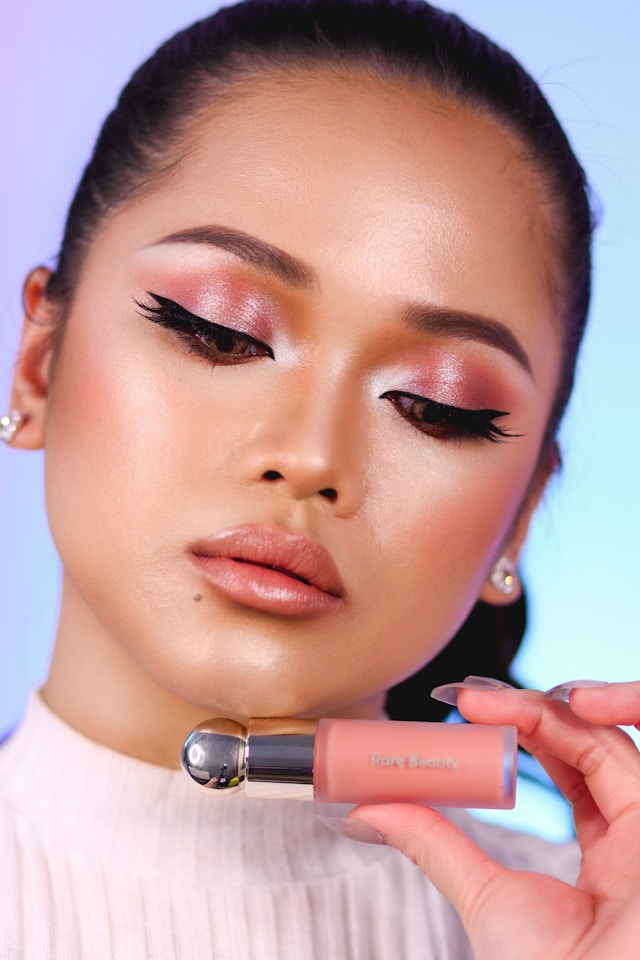
Image Credits: unsplash.com
Best-sellers include the Positive Light Liquid Luminizer (S$44) for a dewy glow and the viral Soft Pinch Dewy Liquid Blush Mini (S$26), a TikTok favorite. The latest hit, Soft Pinch Matte Bouncy Blush (S$44), is winning fans with its airy, non-cakey formula. This works best with Singapore’s heat and humidity.
IN A NUTSHELL
Not every celebrity brand is a guaranteed success, but those that thrive in Singapore offer real value. They stand out with inclusive shade ranges, high-performing products, and a strong emotional connection with customers. Personally, I’m excited that Hailey Bieber’s Rhode will soon be available at Sephora.
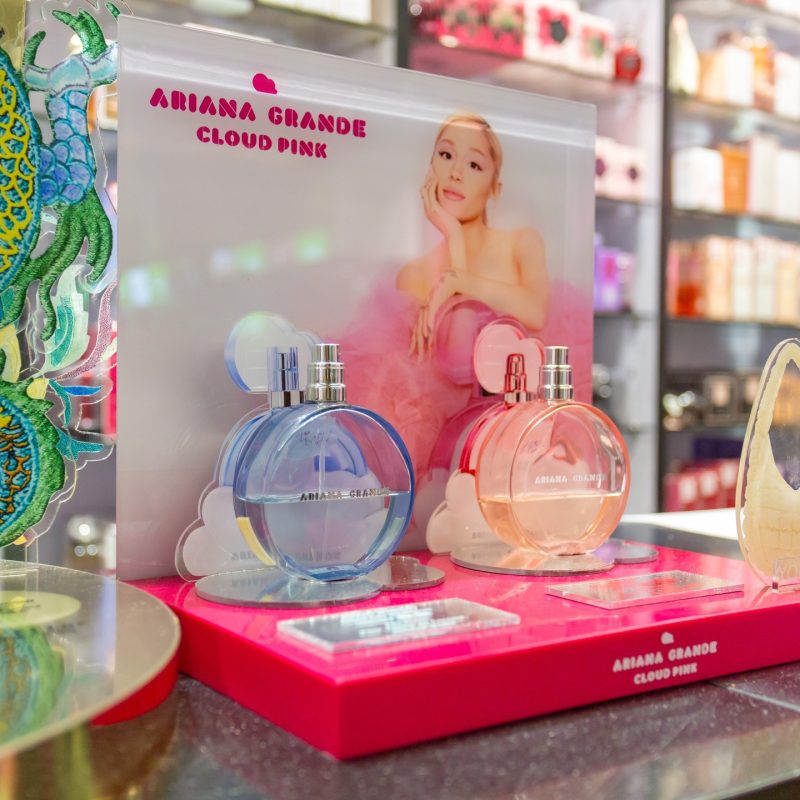
Image Credits: facebook.com/theperfumeshoponline
So, whether you’re restocking essentials or trying new scents, these celebrity beauty brands add a touch of Hollywood glamour to your everyday routine.

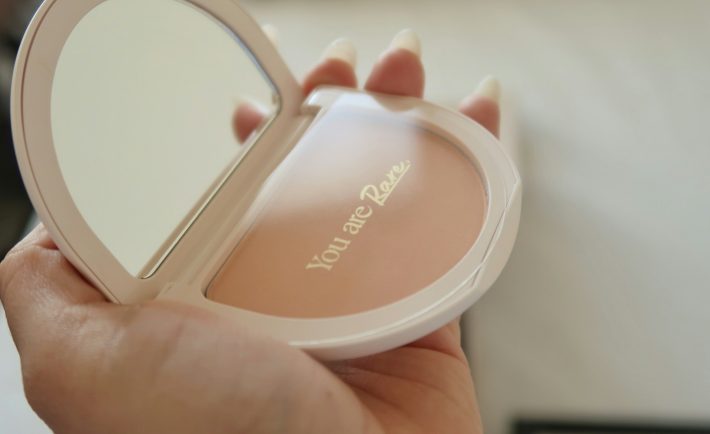



 Play responsibly. Need help? Call the National Problem Gambling Helpline at 1800-6-668-668.
Play responsibly. Need help? Call the National Problem Gambling Helpline at 1800-6-668-668.